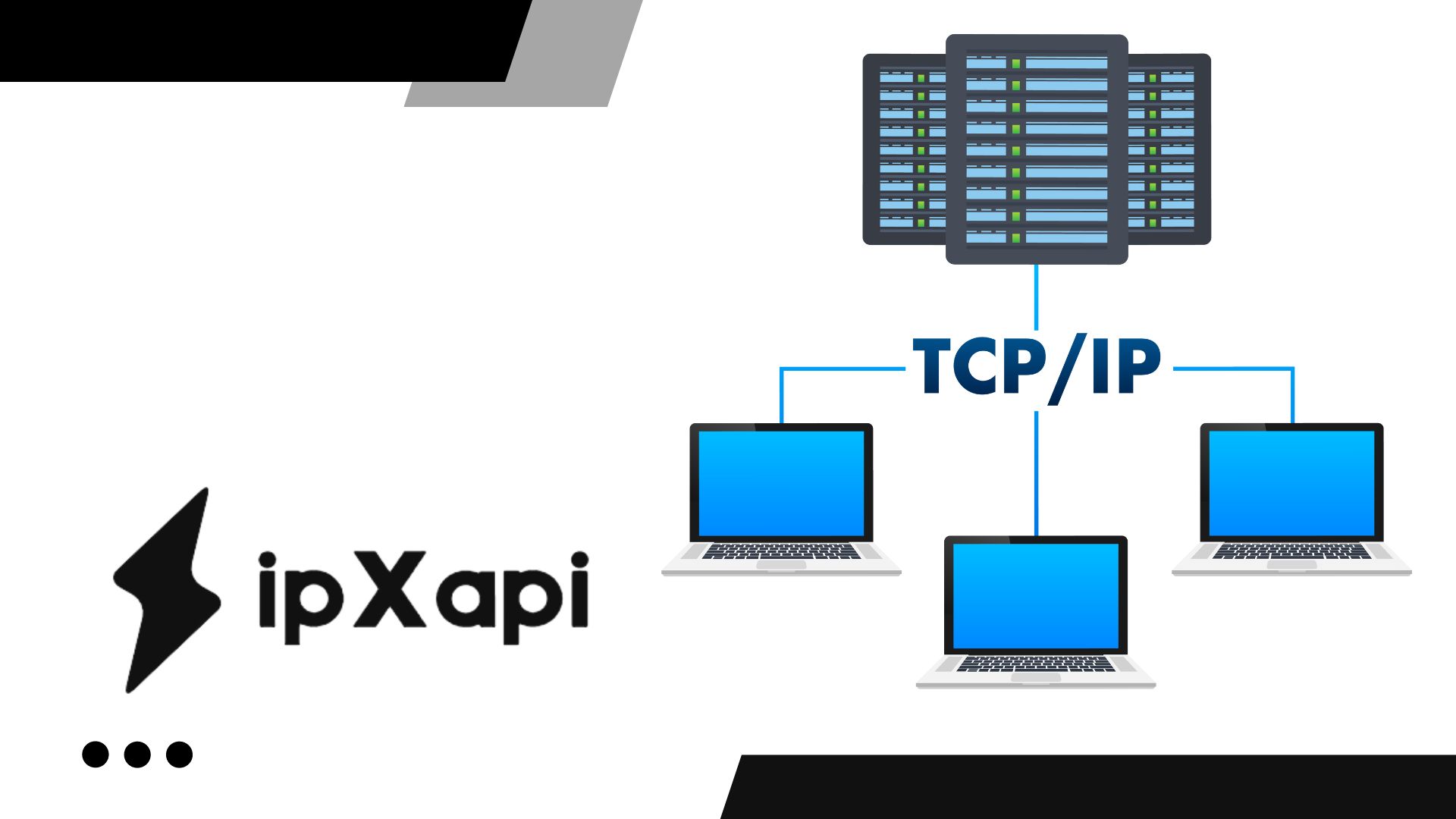Track IP Address API: Quick Guide For Developers

Tracking and deciphering IP addresses is essential for many applications in the connected digital world of today, from improving user experiences to strengthening security protocols. This tutorial explores the fundamentals of IP address tracking with an emphasis on the instruments and methods available to developers to leverage IP data. As a result, a Track IP Address API is essential and will facilitate your work.
What is an IP Address?
An IP address, short for Internet Protocol address, is a unique identifier assigned to each device connected to a network. It functions much like a postal address, enabling data to find its way to the correct device on the internet. IP addresses come in two versions: IPv4 Data API and IPv6 Data API, catering to the old and new standards of internet addressing, respectively.
Tracking IP addresses provides invaluable insights into user behavior, network performance, and security threats. For businesses, it means understanding where their users are coming from, tailoring content to specific regions, and detecting fraudulent activities in real-time. IP tracking is a fundamental part of online services, offering the backbone for location-based services and enhanced cybersecurity measures.
Selecting The Right Track IP Address API for Your Needs
The best IP address tracking API for you will rely on your unique needs. For example, the ipXapi real time offers strong capabilities if real-time data is essential. The greatest IP geolocation API could be perfect for comprehensive geographic data. To choose the best instrument, features, cost, and data accuracy must all be considered. Thorough documentation of the API is essential for a successful integration. Comprehensive instructions on how to authenticate, submit queries, manage answers, and resolve common problems are provided in the documentation.
Geolocation uses a variety of data points, including IP addresses, GPS, and Wi-Fi, to pinpoint a device's precise location. Specifically, IP geolocation uses databases that connect IP ranges with certain regions to map IP addresses to geographical locations. Geolocation information helps with targeted marketing, individualized user experiences, and effective content distribution. Companies can utilize this information to customize services for users based on where they are, which will boost consumer satisfaction and engagement.
ipXapi API
Scalability and user-friendliness were the two main factors taken into account when developing the ipXapi API. We guarantee that the setup process won't take longer than ten minutes. Modify the UI in compliance with IP by using the modules from that country. Identify the visitors' country of origin on the website. Since the API collects real-time IP data from multiple sources, it is most likely updated every day, if not more often.
You may improve ad targeting, add geo-restrictions to your website, or give your customers location-specific experiences with the wealth of location-specific data that ipXapi offers. You can give your customers precise information about the main currency used in the place where the processed IP address was promptly returned by giving them a personalized shopping experience.
Without requiring your users to fill out any forms, you may use the time-related metadata made available by the API to ascertain their current time zone and adjust your behavior accordingly. You can make your website safer and less risky by learning about proxies, crawlers, and Tor users. They are able to provide very high accuracy in their IP data because their database and API are integrated with several major ISPs that regularly submit information about new and current IP ranges.

